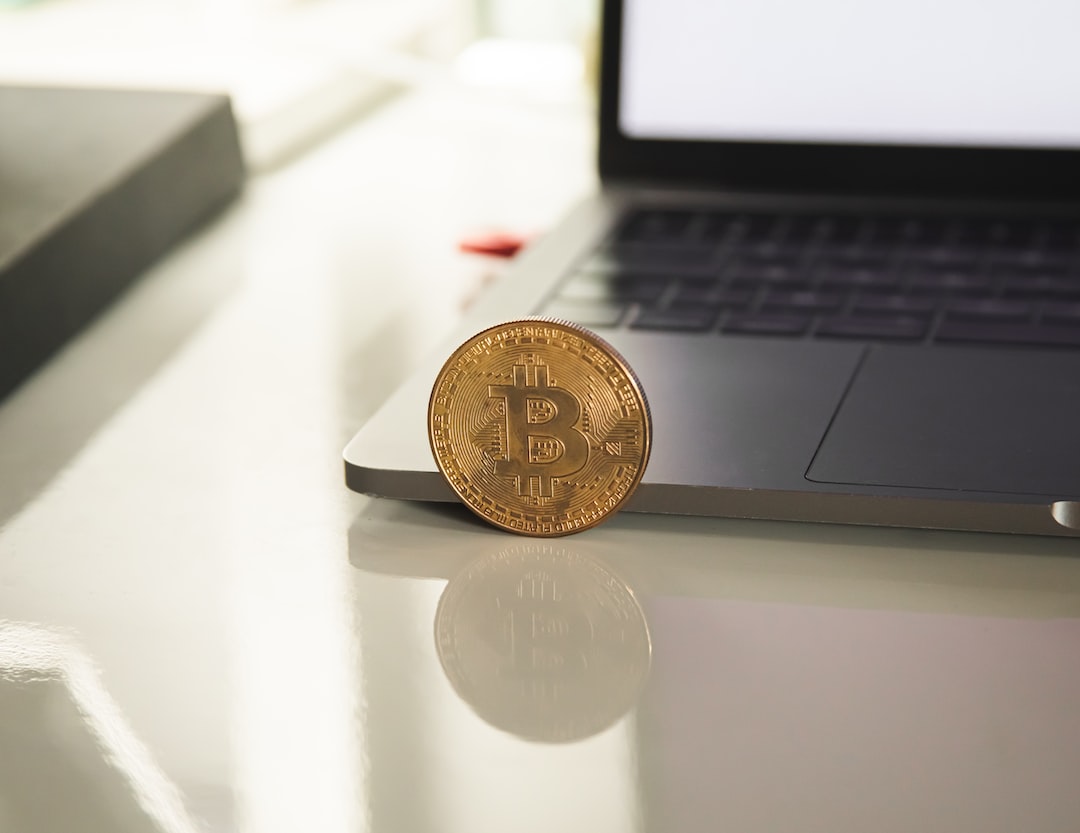Former Lawmaker’s Trial Begins Amidst Controversy ⚖️
The trial of Kim Nam-guk, the former lawmaker from South Korea’s Democratic Party, has officially commenced in Seoul, attracting significant public interest. This high-profile case revolves around allegations related to cryptocurrency transactions and potential misconduct while serving in the National Assembly. With the first session taking place on October 28, 2024, the courtroom has become the stage for a close examination of his financial dealings and ethical responsibilities as a public official.
Allegations Against Kim Nam-guk 🚨
At the center of the trial are accusations against Kim for “obstructing official duties.” Prosecutors assert that the former lawmaker concealed substantial amounts of cryptocurrency and submitted false declarations regarding his assets. Previously, Kim faced claims of insider trading based on confidential insights gained during his work with various National Assembly committees. However, those charges were reportedly dismissed due to a lack of sufficient evidence for prosecution.
In a shift of focus, the prosecution is now concentrating on alleged deceit towards a political ethics committee, accusing Kim of hiding profits derived from his cryptocurrency investments. Despite these serious allegations, Kim maintains his innocence, characterizing the prosecution’s claims as baseless. His legal representatives argue that while Kim should accept political and moral accountability for decisions deemed immature, he did not breach any legal statutes during his tenure in office.
Impact on South Korean Politics 💼
The Coin Gate scandal has prompted significant repercussions within the South Korean political landscape, leading many lawmakers with cryptocurrency holdings to divest their assets. Following the exposure of his involvement, Kim stepped away from the Democratic Party. However, he is slated to rejoin as his new, smaller political group has publicly declared intentions to merge with the Democratic Party.
During the trial, Kim addressed the presiding judge to affirm his dedication to maintaining ethical conduct throughout his political career. He asserted that he had faithfully executed his asset reporting duties as mandated by the Public Official Ethics Act and denied any intentions of undermining governmental operations.
Claims of Rights Violations 📜
Kim has gone on record to assert that his legal rights have been infringed upon during the prosecution process. He claims that the charges brought against him stem from procedural irregularities and lack of transparency. In an opinion he expressed in court, Kim stated that his sudden summons by prosecutors, without sufficient explanation, denied him his basic defense rights. He cautioned that the indictment was unexpected and unrelated to the initial accusations.
Outside the courtroom, Kim labeled the indictment as illogical, contending that it was based on unreasonable premises. His defense emphasizes that the prosecution has executed an unjust narrative, which has contributed to a media frenzy against him.
Prosecutorial Strategy and Allegations 📊
The prosecutors allege that Kim attempted to conceal substantial profits from his cryptocurrency investments by transferring assets between accounts. According to their claim, this maneuver aimed to mislead the National Assembly Ethics Committee during an ongoing investigation into lawmakers’ financial holdings.
In an extensive probe launched in 2023, authorities reportedly analyzed transaction records from major cryptocurrency exchanges like Bithumb and Upbit, alongside conducting raids at companies linked to Kakao’s blockchain sector to gather detailed evidence regarding Kim’s financial activities.
Controversy Over Conflicts of Interest 🔍
Earlier in the process, there were indications that prosecutors sought to charge Kim under the Political Funds Act, particularly concerning allegations of misuse of undisclosed information. Reports suggested that Kim engaged in cryptocurrency trading during official Assembly meetings, which raised red flags regarding potential conflicts of interest.
Additionally, Kim has been accused of forming connections within the crypto industry, leading to claims that he utilized his political influence to lobby for legislation favoring the sector, including aspects related to video games and cryptocurrencies. This further escalated concerns regarding ethical boundaries and the implications of personal gains in public office.
Hot Take: Navigating the Ethics of Crypto in Politics 🔥
The unfolding trial of Kim Nam-guk serves as a crucial reminder of the complex intersection between cryptocurrency and public governance. The scrutiny surrounding his case raises essential questions about transparency, ethics, and accountability in political office. As society continues to grapple with the implications of digital assets, the outcomes of this case could set important legal and ethical precedents for future lawmakers engaged in the rapidly evolving crypto landscape.
Kim’s situation illustrates the vital importance of political integrity and the potential risks associated with private investments by public officials, especially in areas that demand heightened scrutiny. The ongoing developments in this case will likely have wider ramifications for the conduct of politicians in South Korea and perhaps beyond.
Sources:





 By
By
 By
By
 By
By

